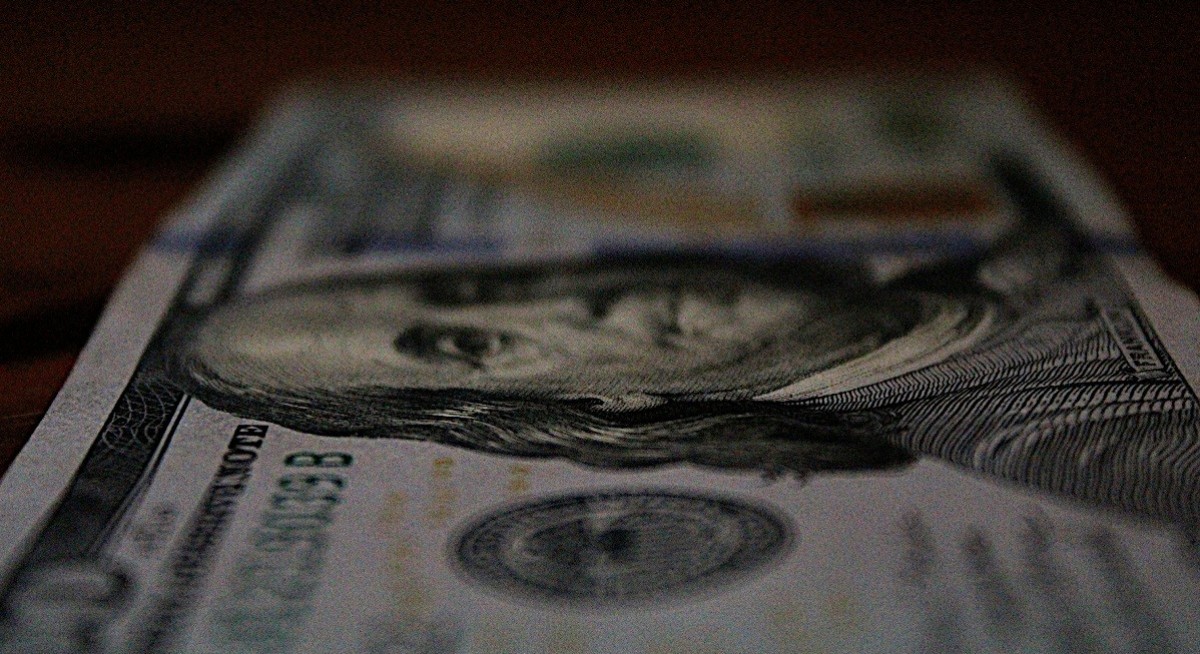Perhaps we should be relieved that Trump is not demanding interest-rate cuts as a means of reducing inflation. That is what used to be heard from Turkish President Recep Tayyip Erdogan. Insisting that high interest rates cause inflation, Erdogan forced Turkey’s central bank to slash rates even as prices were climbing.
The results were predictably catastrophic. In 2022, Turkey’s inflation peaked above 80%, the currency ended up in free fall, and households’ savings evaporated. The country was not pulled back from the brink until monetary-policy orthodoxy was restored.
Nor is Turkey alone. From Argentina and India to Venezuela and Brazil, many countries have been plagued by strongmen who insisted on low interest rates. But why do populist-nationalist leaders persist with such demands when history so clearly contradicts them?
The problem is that borrowing costs for governments, firms, and households are not set simply by the central bank’s short-term policy rate. Instead, they reflect the perceived ability of borrowers to repay. If a bank trusts its client’s finances and ability to repay, it will offer better terms.
See also: OCBC maintains top position in Bloomberg’s Bookrunner League Table for SGD bonds
Similarly, if investors trust a government’s fiscal trajectory, its institutions, and its monetary authority, they will be willing to let it borrow cheaply. If not, they will demand higher interest rates to compensate for the risk. This is why emerging markets face double-digit borrowing costs on their “risky” debt even when global policy rates are low.
In other words, lowering the Fed’s policy rate does not guarantee cheaper credit across the economy – not for consumers and businesses, and not for the government. If fiscal credibility erodes or inflation expectations rise, market rates can move higher even as the Fed cuts the federal funds rate. This is what strongmen fail — or refuse — to grasp, and it explains why there has never been a growth miracle in a country with a populist government.
Despite how simple this is to understand, populist strongmen still push aggressively for low rates, because they are focused on something that is more valuable to them than trying to do the right thing. Their policies’ short-term popularity can help them win elections even as they undermine long-term economic growth. Since this approach inevitably delivers bad economic outcomes over time, strongmen need low interest rates to prevent their supporters from realizing how misguided their policies are until it is too late.
See also: Billionaire doctor in boardroom key to OCBC’s new CEO ambitions
Tariff policy is a case in point. Imposing import tariffs reduces productivity and lowers the economy’s potential output in the long run. But arguing that you are taxing foreigners so that you can lower taxes on domestic citizens sounds very good. Here, low interest rates come to the rescue by offering a temporary reprieve from the bad effects of tariffs. If consumers and firms can borrow easily, they can “get by” without realising that their incomes will be lower in the future.
The tariff-loving strongman must act quickly. If tariffs lead to slow growth and higher prices, he will lose the next election. A populist government therefore will try to push for rate cuts before the slowdown becomes evident, hoping to paper over the damage its policies are inflicting. But this is a dangerous game. Cheap credit can mask structural weaknesses, but the longer they do, the higher the price when the bill comes due.
The US still benefits from an important safeguard: Fed independence. Unlike in Turkey, the president cannot simply order the Fed to cut rates. Of course, a determined US president could always try to “pack” the central bank with loyalists or people too inexperienced or too intimidated to resist political pressure. Once that happens, the line between monetary and political authority becomes blurred, and markets quickly realise that rate cuts are not supported by the data. At that point, risk premiums will rise, driving up borrowing costs.
That would expose the vulnerability created by the trajectory of US fiscal policy. With federal debt above 100% of GDP and deficits projected to remain high, the country relies heavily on market trust in the Fed’s independence and credibility. If that trust weakens, borrowing costs could rise sharply, ironically making debt service more expensive for the government, not less.
In the end, the idea that prosperity can be engineered through low interest rates is a populist illusion. Low rates cannot compensate for bad economic policies like tariffs. The Fed’s credibility is too valuable and too important for global economic stability to be sacrificed on the altar of political convenience. — © Project Syndicate, 2025
Şebnem Kalemli-Özcan, Professor of Economics at Brown University and Director of the Global Linkages Lab, is a former senior policy adviser at the International Monetary Fund and former lead economist for the Middle East and North Africa at the World Bank




